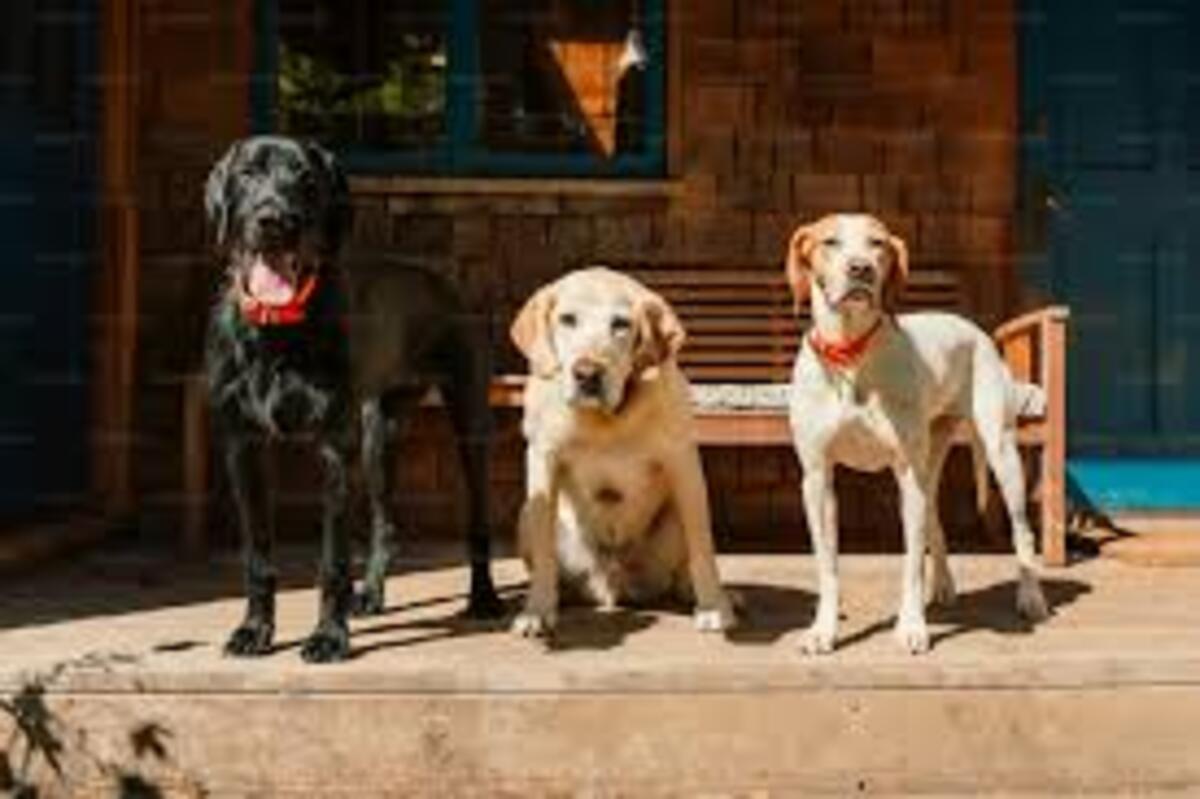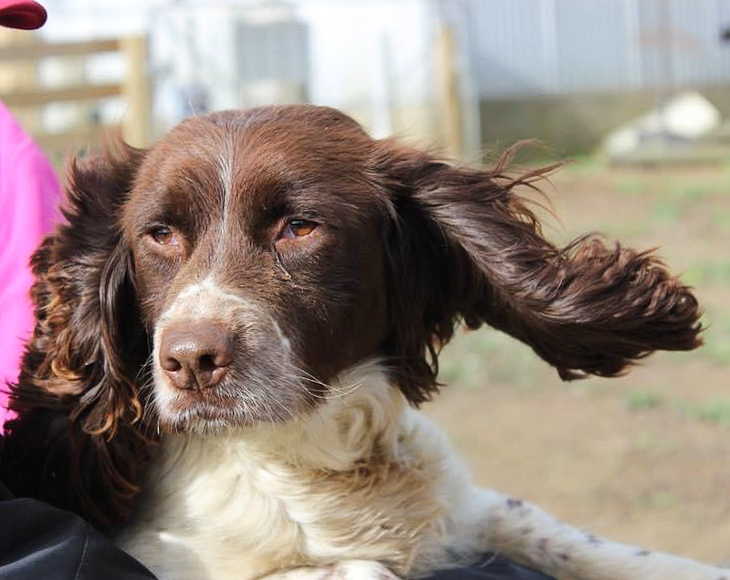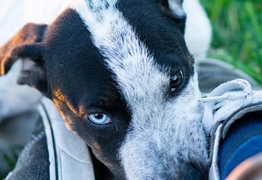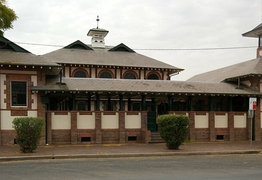A new Bill to better protect dogs
Angie White
10 November 2024, 8:20 PM

A Bill strengthening dog welfare in New South Wales was introduced in the NSW Parliament recently which sets clear guidelines and standards for breeders.
The guidelines were developed after consultation with industry experts and welfare advocates, highlighting risks that have long been of concern in dog breeding in the state.
In NSW there has been no compulsory registration scheme for breeders and no restrictions on the number of breeding female dogs, or the number of litters a female dog can produce in their lifetimes.
Now the state government plans to make the ground rules crystal clear.
Changes under the new Bill include:
- Mandating that breeders must obtain a Breeder Identification Number through the NSW pet registry, enabling transparency of the sector and assisting people acquiring a puppy.
- Setting a lifetime litter limit for fertile female adult dogs (those over six months old) to five natural litters or up to three caesarean litters, whichever occurs first.
- Establishing a care standard of one staff carer for every 20 adult dogs ensuring sufficient care, food and water are provided.
- Establishing a maximum cap of 20 fertile female dogs (over the age of six months) at any breeding premises.
- A maximum penalty for individuals of $110,000, two years imprisonment or both and $550,000 for organisations will apply for breaches of this cap.

While the Bill has been welcomed by some in the industry, one western area breeder says more needs to done.
“It only has very minor improvements that might stop a few puppy farmers, but overall, nothing in this Bill mentions the quality of life of a dog while it’s at a breeding facility.
"There's no socialisation standards, and if people are going to breed dogs to make an income, they should be putting everything they can back into their dog breeding facility to make sure the dogs have the best lives possible.
“My costs are astronomical compared to a person who breeds 10-20 dogs, doesn't have a staff member, doesn't socialise their dogs, goes to work at a full-time job during the day and spends one-to-two hours maximum cleaning and feeding their dogs," said the breeder.
“And when it comes to finding a puppy a home, these people are still selling their pups for the same price as someone like myself whose costs are 10 to 20 times the amount because I am constantly trying to do the best for my dogs, seven days a week, all year round."
The breeder said it was unlikely that the Bill would impact 'legitimate' operators.
“This won't affect ethical breeders who go above and beyond because they will already be doing these things the puppy farming Bill is introducing.
"I don't understand how the NSW government is going to monitor all of this and where the funding will come from that is needed to uphold it.
“Some breeders throughout NSW with very large numbers don't even live within a council area that requires approval from council, so how are they going to be 'found' and made accountable?"
Education campaign planned
The Government will run an education campaign for dog owners, breeders and those considering a puppy, so that once the changes come into effect in December 2025, the rules will be apparent.
For rural breeders on farms, in farm the NSW Department of Primary Industries and Regional Development (DPIRD) says one rule applies to all.
“The Prevention of Cruelty to Animals Act (Puppy Farming) Bill 2024 is proposed to apply to anyone who breeds a dog in NSW, commercially for profit or otherwise,” according to a NSW DPIRD spokesperson.
“The Bill is proposed to apply to all breeders who intentionally or accidently bred dogs.
“The Bill aims to ensure the welfare of dogs in all breeding operations, commercial or not.
“A working dog breeder can be exempted from applying for a breeder identification number (BIN) if the dogs are bred to work on the property on which they were bred. Breeders of working dogs which are sold, transferred, or given away must comply with all provisions of the Bill, including the need to obtain a BIN.
“All other provisions within the Bill, such as staff to animal ratios, maximum cap and lifetime litter limits are intended to apply to working dogs,” the spokesperson said.



